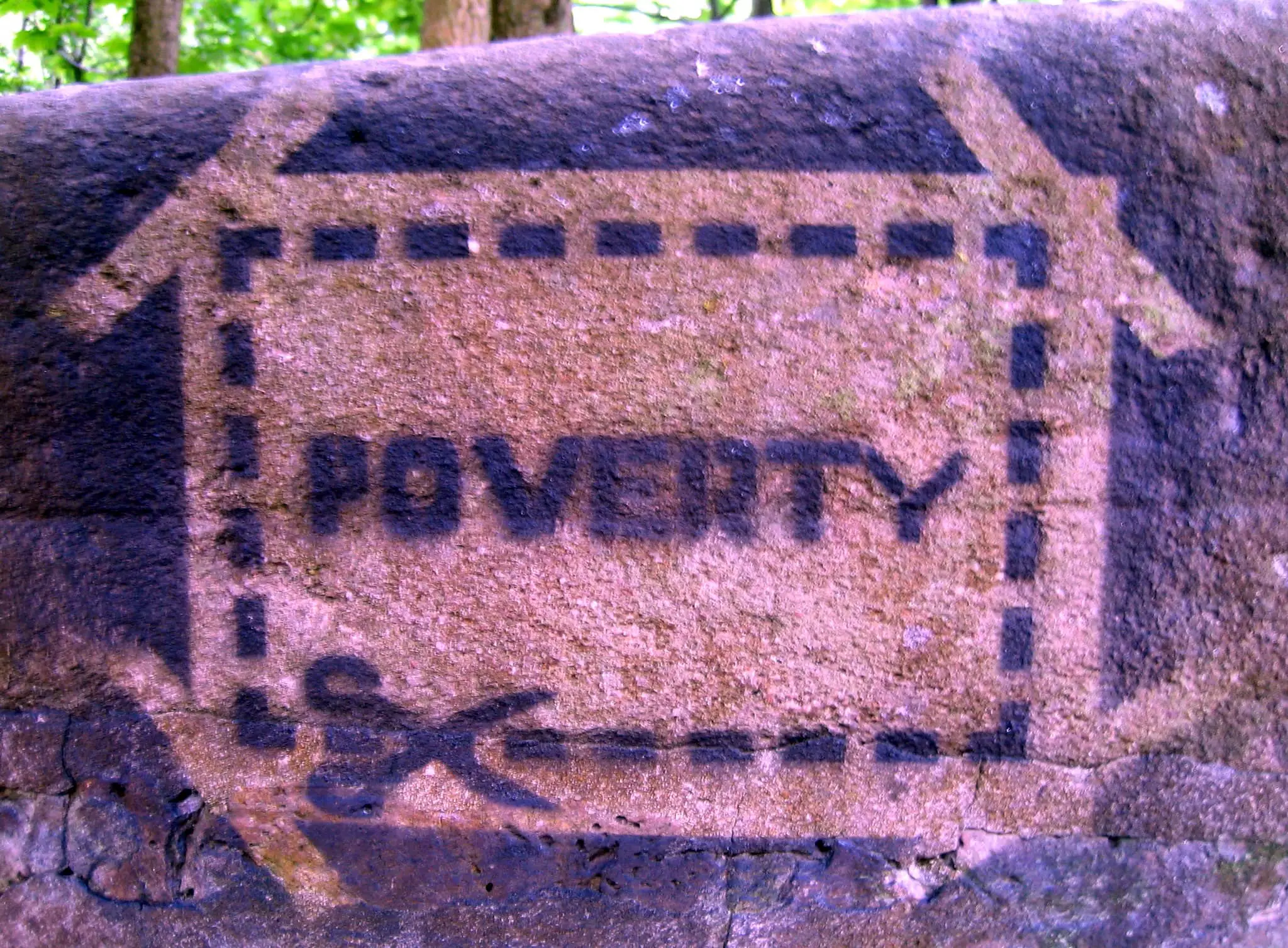Ahead of his motion at next week’s Full Council meeting, Cllr Michael Lilley shares this latest news. In his own words. Ed
Cllr Michael Lilley’s motion to Full Council reads,
In light of eligibility of free school meals has risen by 63 per cent over the last four years on Isle of Wight and eligibility of free school meals being an indicator of child poverty:
“Isle of Wight council resolves to reaffirm its motion of 16th January 2019, to reduce child poverty on the Isle of Wight over five years up to 2028, through development of a specific child poverty reduction strategy with targets and outcomes.”
Lilley: 32 per cent of IW children live in poverty
Cllr Lilley says,
“Every year, since 2016, when I was first elected as a Ryde Town Councillor and in 2017 as an IW Councillor, I have advocated annually at the beginning of every year the issue of children living in poverty on the Isle of Wight.
“I hold an annual pancake challenge to raise awareness and funds for food poverty projects. I have raised over £12,000 over eight years and in 2023 have raised £2,100 to be split between IW/Ryde Foodbank, Ryde Aspire, Oakfield Community Pantry, and Oakvale Foodshare.
“I raise questions and highlight the issue of child poverty at Ryde Town and Isle of Wight council meetings. My last motion on the issue at Isle of Wight council Full Council meeting on 16th January 2019, highlighted the rise of child poverty and called for a five-year commitment to reduce child poverty on the Isle of Wight over five years. It is now 2023 and four years into this commitment and in fact child poverty has clearly risen.
“Covid19 and cost of living crisis has not helped, but this does not hide the fact child poverty on Island was rising prior to these events.
“Nearly a third (32 per cent) children under the age of 18 on the Isle of Wight live in poverty, an increase of 10 per cent from previous estimates. To me this is unacceptable, and I wish all Parish, Town and Community Councils on the Isle of Wight debate the issue along with the Isle of Wight Council and develop strategies to tackle child and food poverty at every level. It is not acceptable in 2023 for any child to go hungry at night and we need to put our children first and make this issue a priority.
“There are pockets of innovation and good practice such as in Ventnor with Baby Box, Newport with Pan Together, West Wight Community Centre and in Ryde with Network Ryde, Aspire Ryde, and Ryde food projects. We just need to accelerate initiatives such as these with clear targets and outcomes.”
18 per cent of population under 18
The Isle of Wight has a population of 142,961 residents with 25,961 (18.2 per cent) being children. This has to be highlighted in the context of the Isle of Wight’s demographics which are heavily geared to the older generation with 28 per cent aged over 65.
Children are clearly a minority on the Island although they are essential to our future.
Eligibility of free school meals
Levels of child deprivation on the Isle of Wight have increased, not decreased, in the past five years. The biggest indicator of child poverty is the eligibility of free school meals which according to Isle of Wight has risen by 63 per cent in the last four years.
22 per cent of primary-aged children receive free school meals and 18.8 per cent of secondary-aged children. However, this is concentrated in urban areas and 12 areas/wards on the IOW are among the 20 per cent most deprived in the country and three of these are in the top ten per cent.
The IW was ranked 96 out of 317 Local Authority areas for average rank, in 2019 on the indices of multiple deprivation. It is now ranked 80 in 2023. IW is the third most deprived area in the Solent region. It has to be noted the number of children living in care on the Island is 109 per 10,000 compared to the national average of 70 per 10,000.
Poor mental health and poverty
Poor mental health and poverty cannot be separated as issues. Those working directly with people in poverty point out that they are intimately interlinked, and the spiralling relationship between mental health and poverty means that any support can struggle to meet people’s needs which simply means in this case children’s and their families’ mental health declines and they end up in acute services.
This can be evidenced on the Isle of Wight.
Rise in mental health-related hospital admissions
Mental health-related hospital admissions on the Isle of Wight for those aged under 18 are 263.5 per 100,000. This is the highest rate nationally and more than three times the average of 87.5 per 100,000 for England.
Alcohol related hospital admissions for those aged under 18 are the third worst nationally. The rate of hospital admissions because of self-harm for those aged 10-24 on the Island continues to be high. The rate is 554.5 per 100,000 compared to the national average of 421.9 per 100,000. This is the 8th worst rate in the South East region.
Mental Health Champion
Cllr Michael Lilley is IW Council Mental Health Champion and in cooperation with IWC Cabinet Member for Adult Social Care and Public Health, IW Healthwatch, and IW Public Health Department, launched a community grant fund for grass-roots projects tackling mental well-being. Over 30 projects have been funded over 2 years and in 2023, grants are targeted to young people and their families.
Michael has been a trustee of IW Youth Trust for many years and he is currently working on this issue of mental health and poverty with the IWYT team.
In Ryde, Ryde Town Council with Michael as Mayor over the past four years has developed Network Ryde (Youth Service) which is now being expanded with a new community and youth centre at St. Thomas’s Church.
RTC has recently funded a Community Development Worker who is focusing on poverty in the Town and RTC recently received grants through IW Council to issue food vouchers to residents in need especially through local schools. RTC is now developing a child and food poverty action plan.





